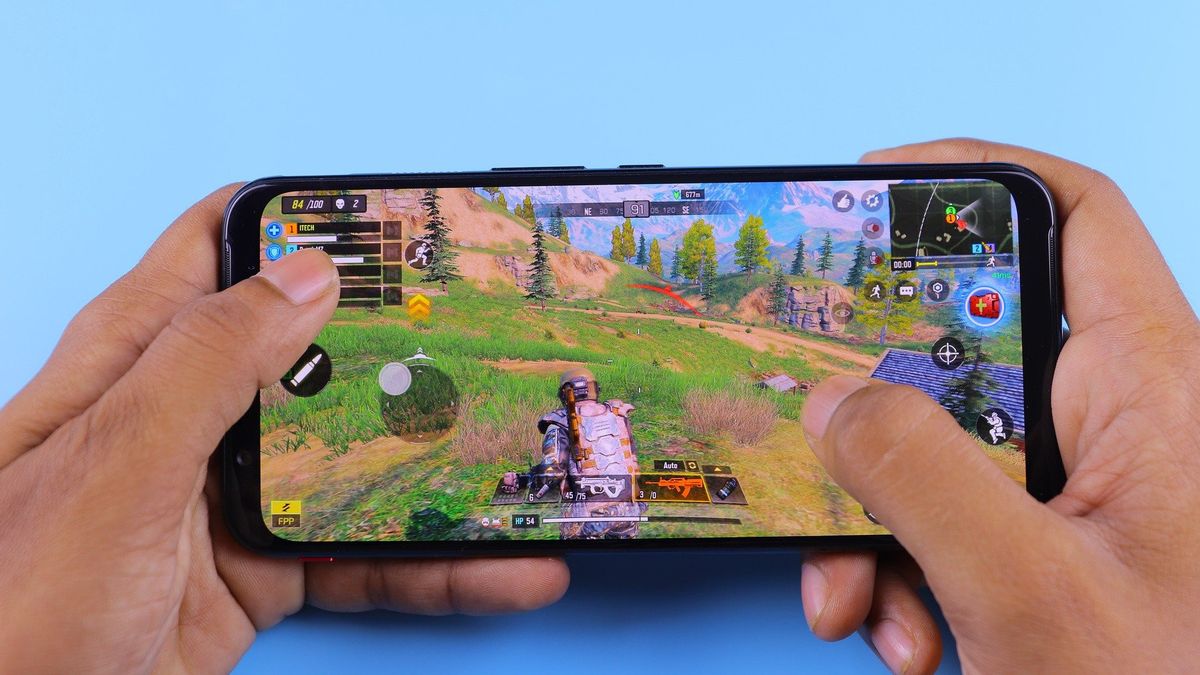In recent years, online gaming has evolved from a niche hobby into a global phenomenon. With millions of players logging on daily, the landscape of gaming has transformed into a vibrant digital playground that caters to diverse interests, age groups, and cultures. This article explores the impact of online games on society, the types of games available, and their potential benefits and drawbacks 無料ゲーム.
The Evolution of Online Gaming
Online gaming began in the late 20th century with simple text-based games and has since evolved into a multi-faceted industry. The introduction of broadband internet made it possible for players to connect in real-time, leading to the creation of massively multiplayer online games (MMOs) like “World of Warcraft” and “Final Fantasy XIV.” Today, the gaming world includes everything from competitive esports to casual mobile games, attracting audiences from all walks of life.
Types of Online Games
- MMORPGs (Massively Multiplayer Online Role-Playing Games): Games like “World of Warcraft” and “Elder Scrolls Online” allow players to immerse themselves in expansive virtual worlds. These games often feature rich narratives, character customization, and social interaction.
- Battle Royale Games: Titles like “Fortnite” and “PUBG” have popularized the battle royale format, where players compete to be the last one standing on a shrinking battlefield. These games emphasize strategic gameplay, quick reflexes, and often, teamwork.
- Casual Games: Mobile games like “Candy Crush” and “Among Us” have made gaming accessible to everyone. These games are typically easy to learn and can be played in short sessions, appealing to players who might not consider themselves “gamers.”
- Esports: Competitive gaming has taken the world by storm, with titles like “League of Legends” and “Dota 2” leading the charge. Esports has transformed into a billion-dollar industry, complete with professional teams, tournaments, and massive audiences.
Benefits of Online Gaming
- Social Interaction: Online games provide a platform for players to connect, collaborate, and compete with others around the globe. This social aspect can foster friendships and create a sense of community.
- Cognitive Development: Many games require critical thinking, strategy, and problem-solving skills. Players often improve their hand-eye coordination and reaction times, which can translate to real-life benefits.
- Stress Relief: Gaming can serve as a healthy escape from the pressures of daily life. Engaging in a fun activity can help alleviate stress and anxiety.
- Inclusivity: Online games often promote diversity, allowing people from various backgrounds to come together and share experiences. This inclusivity can foster understanding and tolerance.
Drawbacks of Online Gaming
- Addiction: The immersive nature of online games can lead to excessive play, impacting daily responsibilities, relationships, and mental health. Setting limits is essential for maintaining a balanced lifestyle.
- Toxicity: The anonymity of online gaming can sometimes lead to negative behavior, including harassment and bullying. Developers are increasingly working on measures to create safer environments for players.
- Screen Time Concerns: Extended gaming sessions can contribute to health issues, including eye strain, poor posture, and a sedentary lifestyle. It’s crucial for players to take breaks and engage in physical activity.
- Economic Impact: While gaming can be a source of income for some, the cost of in-game purchases and subscriptions can add up, leading to financial strain for players.
The Future of Online Gaming
The online gaming industry shows no signs of slowing down. Innovations in technology, such as virtual reality (VR) and augmented reality (AR), promise to enhance the gaming experience even further. As the lines between gaming and social networking blur, the potential for immersive and interactive experiences will continue to grow.
